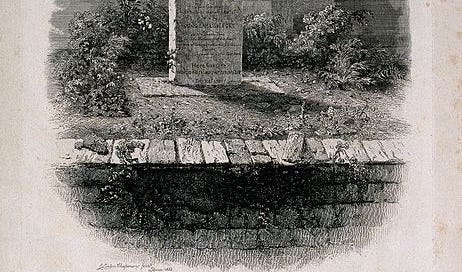
Of the English Romantics, it’s John Keats (1795–1821) who strikes us as that mythical creature, the “poet’s poet.” It’s Keats whose preoccupation is not only with human experience as part of a whole web of creation, ebbing and flowing in response to the world around it, but with the particular endeavor of mediating that world through his writer’s intellect. He had a finely tuned sense of that intellect as individual, even as it belonged to a larger tradition, peopled chiefly by Spenser, Shakespeare, and Milton, as well as Wordsworth, his immediate elder.
This heightened sense of literary individuality disposed the poet to worry that the very voices he loved as influences — most of all Milton’s — would overtake his own work and smother it. Milton’s gigantic stature, the grandeur and sublimity of his vision, made the “precursor poet,” for the young Romantic, a model to imitate (as, most famously, in his Hyper…
Keep reading with a 7-day free trial
Subscribe to Poems Ancient and Modern to keep reading this post and get 7 days of free access to the full post archives.



